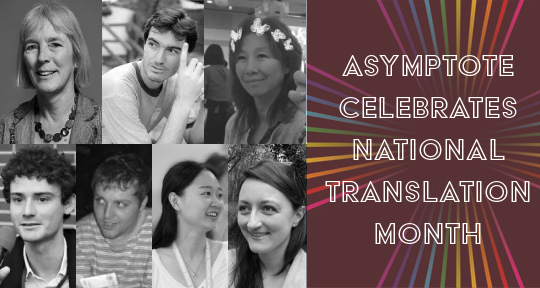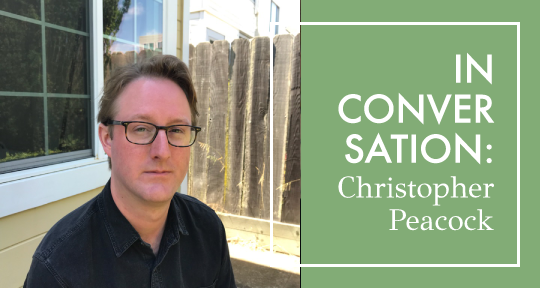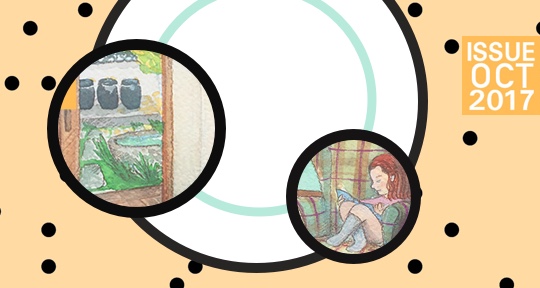In the preface of the formidable Narrative Poem, Yang Lian wrote: “Long must be identical with deep, and we have to make it new for a depth never before expressed.” This maxim is Yang’s contemporary grasp of the enormously, incomparably complex world of contemporary Chinese letters, which threads tradition with novelty, comprehension with inquiry, intelligence with intuition, and is profuse with dislocations, disruptions, oppressions, and erasures. Diving into this amassment—either as reader or translator—is often an overwhelming endeavour, so it is both a relief and a source of joy that such a thing like Paper Republic exists, an online hub that serves as a platform for new Chinese writing, a resource for Chinese-English translators, an extensive database, and the base of a vibrant community eager to share dialogue and talents. In our second feature for National Translation Month, we’re proud to shed a spotlight on their impressive accomplishments with a text written cumulatively by their brilliant team.
“Paper Republic began very simply as a group blog, run by translators of Chinese literature into English,” writes founding member Eric Abrahamsen. “It was 2007, four or five of us had found each other in Beijing, and we formed a sort of mutual support group/social club.”
Since then, Paper Republic has grown and changed almost beyond recognition; incorporated as a company, we’ve spent a decade making concerted efforts to interest western publishers in Chinese literature, producing book reports, and even dabbling in literary agency. A few years ago, however, we began to focus on readers and translators. We are now a registered charity/non-profit organization, made up of a team of volunteers based in America, UK, China, and Japan. In addition to providing information about Chinese literature to people in English-speaking countries, we promote new Chinese writing in translation, publish free-to-read short fiction and essays online, host an extensive database on Chinese writers and their English translators, mentor Chinese-to-English translators, and provide resources to schools teaching Chinese.
In order to introduce Chinese writers to the world, we started Read Paper Republic back in 2015—sourcing, translating, editing, and publishing one short story every single week for a year, completely free to read. It was a mammoth undertaking, and the fact that we managed to pull it off at all is testament to the generosity of the authors and translators involved. One of the things that is special about Read Paper Republic is that every story, no matter how experienced the translator, is edited by a member of the team, who also checks the text against the Chinese, assuring literary quality as well as accuracy. From the very first series, we had aspiring translators offering their work; our editing process is both beneficial to them, and also fits perfectly with one of our aims as a non-profit: to mentor new translators. READ MORE…




